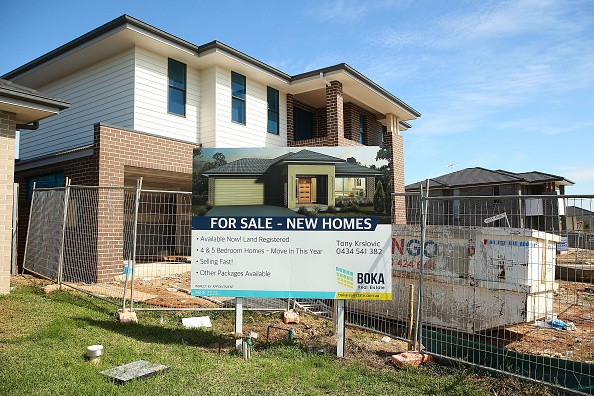
The Federal Reserve on Wednesday issued its first interest rate cut in four years, slashing its benchmark rate by a half point. This cut brought the Fed's interest rate down to 4.8%, which could also bring mortgage rates lower.
The central bank's recent cut lowered its key rate to 4.8%, down from its two decade high of 5.3%. The Fed also signaled they could make another half-point cut before the end of the year, which means its rate would fall to 4.3%.
"We know it is time to recalibrate our (interest rate) policy to something that's more appropriate given the progress on inflation," Chair Jerome Powell said. "We're not saying, 'mission accomplished.' But I have to say, though, we're encouraged by the progress that we have made."
What This Means for Mortgage Rates
The Fed's interest rate indirectly influences mortgage rates. However, it influences other factors in the financial market that influence borrowing rates, including mortgages.
Some experts believe mortgage rates will also drop by the same percentage points as the Fed's cuts. As of the week ending Sept. 12, the contract rate for the 30-year mortgage term was 6.2%. The rate for the 15-year term was 5.27%.
With a half-point cut, that means the mortgage rates will fall to 5.7% for the 30-year term and 4.77% for the 15-year term.
READ ALSO : Will Silver Tsunami Forecast Come True? 50% of Boomers Never Plan To Sell Their Home, Study Finds
Lower mortgage rates would bring relief to hopeful buyers, especially those who have been pushed to the sidelines due to the rising costs of homeownership.
What This Means for the Housing Market
In addition to bringing back buyers, a lower mortgage rate could also encourage homeowners with low-rate mortgages to sell their properties. This would create a flood of existing homes to the market, improving the inventory.
A rise in housing supply could lower home prices. This could pull hopefuls out of the rental market, lowering rent prices.
That said, a drop in mortgage rates could raise home prices in some places, especially in areas with more competition for the same pool of houses.



